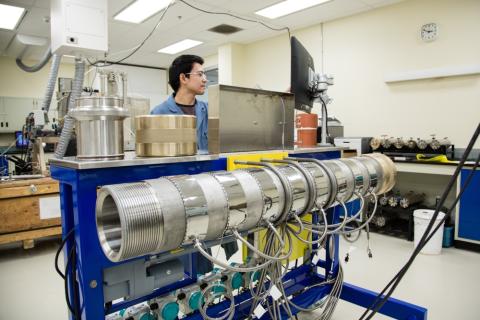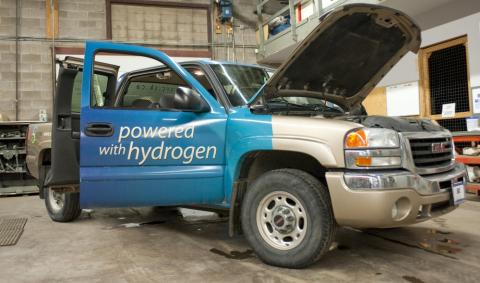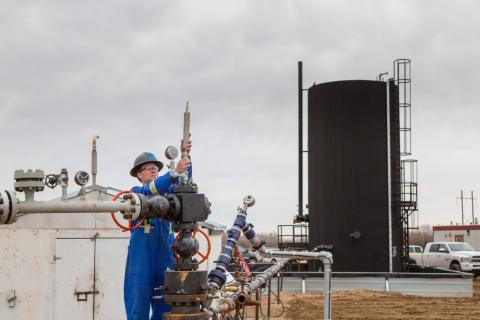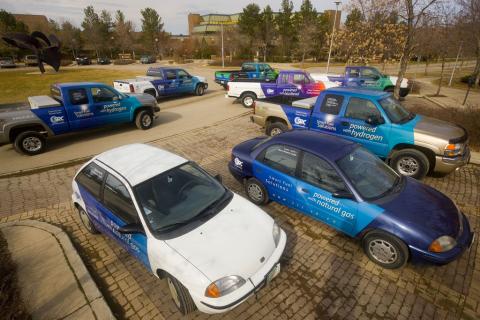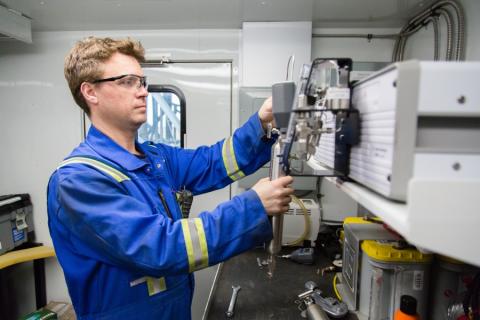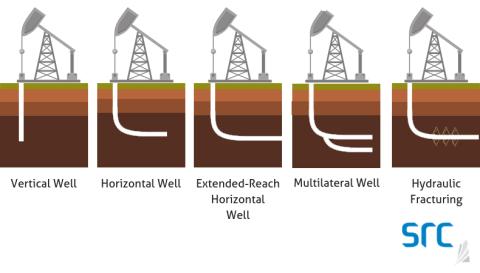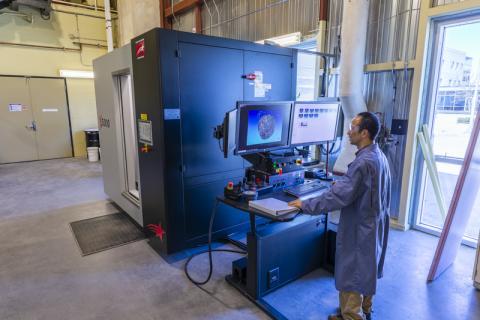Inside SRC
SRC's Enhanced Oil Recovery team uses a stage-gated approach to help small-to-medium enterprises develop their technologies and evaluate technical, market and commercial factors. This helps our clients save time and accelerate adoption. Learn about what's involved.
Many industries in western Canada face corrosion problems due to the frequent exposure of metal alloys to water, salt, oxygen, carbon dioxide, hydrogen sulfide and lesser well-known sulfur compounds. In our lab, we test metal corrosion by simulating the environment in which it will be applied. Learn more.
In the 2000s, SRC’s previous work on natural gas vehicle conversions was broadened to develop and demonstrate a variety of other alternative fuel vehicles that could operate on natural gas, ethanol or hydrogen. Learn more about this next phase of innovation.
Given both global and national pressure to decarbonize operations, Canadian industries are looking for new technologies and implementing more energy-efficient processes from proven, applicable mitigation options. Learn how SRC's CeDER platform helps companies sift through the available technologies.
SRC is one of the pioneers in the field of alternative fuel vehicle work and has a long history conducting research and development in the area since 1985. Learn about SRC’s journey into alternative fuels, including the successes, some failures and even some firsts.
This blog post is the second installment in a two-part series about methane emissions. In the first post, we looked at how methane emissions are created and why there’s a push to reduce them. In this...
Government energy regulators are demanding substantial greenhouse gas (GHG) reductions from industry. While carbon dioxide is a concern, methane poses a bigger problem because it absorbs significantly more energy and has a great impact on global warming.
The Internet of Things (IoT) connects ordinarily mundane devices to the Internet to give you greater knowledge and control of their functions.The Industrial Internet of Things (IIoT) is simply the IoT in an industrial setting. But unlike consumer-grade appliances like refrigerators and toasters, industrial machinery and scientific instrumentation require a few more checks and balances.
Evolving technologies and processes have significantly altered how companies drill for oil. Take a look at some game-changing drilling advancements, starting with horizontal wells, that occurred over the past few decades.
The petroleum industry has used medical-grade CT scanners for decades. Although many commercial laboratories, research institutes and universities use these scanners, the technology has limitations. A high-resolution industrial CT scanner can provide clearer images in greater detail for complex industrial applications.
